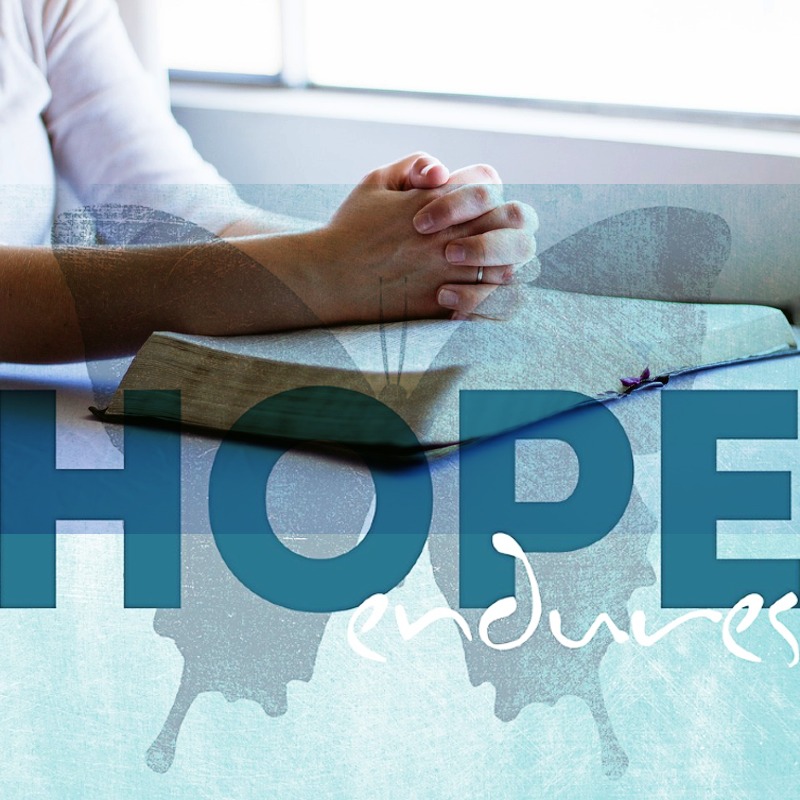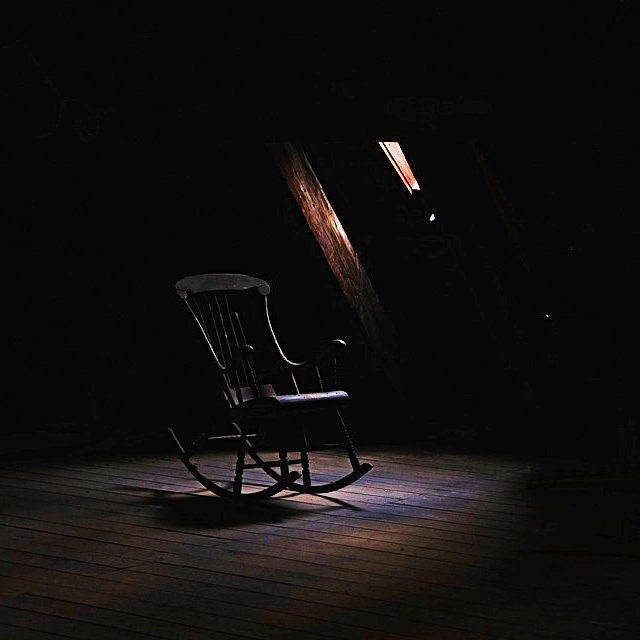
Introduction
The past three days, my wife and I were exposed to the brief cycle of life in full display.
Last Friday (It was Monday morning when I was writing this blog), I visited a long-time friend and spiritual brother with his wife, who informed me earlier that he was placed in hospice care.
When we arrived, we promptly noticed that he was no longer conscious and was still on his specially ordered medical bed.
I spoke to him, knowing fully well that his hearing faculty is still intact, of my love and assurance of continuing prayer. A day after, we were informed that he had passed on to be with his Creator.
The following day (Saturday), I was invited to officiate the dedication of a one-year-old child at the local restaurant known for its prime rib steak. The child was full of life and vigor and wished to move all the time. The child’s restlessness contrasted with what we witnessed the day before. It was a time of fun, laughter, and feasting.
A few hours after, when we were traveling to return home, we received a call from our daughter. She now resides in Germany with her husband, that they were pretty busy due to the preparation occasioned by the celebration of their first wedding anniversary. It is apparent that there was a lot of busyness and performing practical chores to make the celebration worthwhile for everyone.
The next day, I was privileged to teach a Sunday School class of about 20 people. The topic was Hope in God and taken from the book of Amos.
We learned that God offers hope to those who return to Him in repentance. The following were four additional insights we have gained about hope.
Four Insights About Hope
- Hope appropriately understood. To hope is to trust, wait for, expect, and endure. The origin of the word is quite interesting. The primary usage of ancient biblical times is to trust the Divine Creator. The term evolved to mean to wait with the implied suggestion of being patient.
Hope is not something passive that usually is implied when someone says, “I hope so!” The unspoken flipside of this statement is, “Maybe not!”
There is a strong conviction in hope regarding the certainty of what is hoped for. This offers one a profound sense of anticipation. Sooner or later, what is hoped for will be realized. There is no doubt about the possibility.
- God is the object of hope. Because of the direct link between hope and trust and the biblical instruction to trust God alone, in ancient times, there was a warning not to trust in other things. The other things mentioned are riches, military might, religious idols, and foreign powers. There is even a warning not to trust other humans due to their broken nature and propensity to become unreliable.
The constant frustration often experienced in hoping is the unreliable object of hope. Thus, a common human experience shared by all is betrayal.
A young child will experience this early on in life in the form of parents making a promise that is not fulfilled. When the broken promise becomes a pattern while growing up, sooner or later, the same child will fall into the same pattern of making promises that will not be fulfilled. Consequently, words become hollow!
- Hope is an active process. Hope is not a passive resignation to which many have been exposed. In the later part of this article, I will explore the different evidence of an active process of hope. For now, it is sufficient to underscore that hoping does not place one on the couch to become immobile while the rest of the world continues with its movement. Neither does hoping propel one into the process of worrying with the predominant thought of what if?
The rocking chair as a metaphor for worry is quite fitting to recall. A popular saying goes,

“Worry is like a rocking chair; it keeps you moving, it leads you nowhere.”
Unknown
Whenever one is trapped by worry, there is a potential to do something or making one busy, yet the result is more counterproductive.
- The process of active hoping is demonstrable. Here are four possible pieces of evidence that one actively hopes:
- Fervency in prayer. Prayer is simply understood as having communion with the Divine God. This means that all through the day, the matter being hoped for is entrusted to the sovereignty of God, whose steadfast love remains despite naysayers or current unfavorable circumstances.
The world system will provide all kinds of distractions. But when the relationship between human and the Divine is vital and personal, there is nothing that should not be a matter of prayer. Of course, this includes the specific item that is hoped for! - Remaining faithful in one’s relationship. Each human has a threefold-relationship: with God, with self, and with others.
While the object hoped for has not been established or has not come into reality, all who pray remain faithful in the discharge of their roles.
A role is a socio-culturally acceptable set of responsibilities. A spouse is a role; so is a parent. Other roles would include being a friend, sibling, worker, or a part of a social unit (family or community).
What are the expected responsibilities which go alongside one’s relationship will become a platform of faithfulness? Faithfulness in discharging these responsibilities makes one occupied even as one remains hopeful. - Quiet expectancy while preparing to realize what is hoped for. The posture of one who actively hopes is expectant or anticipatory. Recall, that what is hoped for is founded upon the conviction that this is certain to come. Exactly when it comes is unknown.
But that is what makes the waiting quite exciting. And when what is waiting for arrives, the person who hopes is joyful yet not surprised!
Being expectant suggests that one demonstrates a sense of watchfulness of circumstances. There is a keen sense of discernment regarding changes in what is happening around them, including potential changes in individuals who may have been objects of prayer. - Continuing practice of gratefulness. The person who hopes demonstrates gratefulness ahead of the realization of what is hoped for. Knowing that what is to come will sooner or later be realized makes the sense of gratefulness evident.
An important accompanying result of gratefulness is intentional refraining from complaining. This absence of complaining is displayed despite current circumstances, which, may be unfavorable to the eye of an ordinary observer.
Gratefulness is an internal reality that is observable externally. A grateful person is not frowning often or verbalized perspective negatively. A grateful person is joyful and carries a sense of Eirene – peace coming from wholeness.
- Fervency in prayer. Prayer is simply understood as having communion with the Divine God. This means that all through the day, the matter being hoped for is entrusted to the sovereignty of God, whose steadfast love remains despite naysayers or current unfavorable circumstances.
Conclusion
After the study, I came back home while permitting myself to reflect upon what happened during the past three days.
It dawned on me that hope is an important ingredient one needs to have as the individual navigates through the brief cycle of life.
In childhood, hope is needed as those surrounding the child fervently pray that the child will grow up healthy in body, soul, and mind.
The presence of this health will provide the child with divine guidance to make wise decisions that will bring protection from harm and provision for all needs.
In youth and young adulthood, hope needs to be one’s constant company. The distractions of life, brought about by factors like internet commerce, a society that lacks moral grounding, and developmental stressors, would easily contribute to hopelessness.
The high prevalence of Major Depression and Addiction in many developed societies today testify that hopelessness has indeed intruded into our lives. The emergence of the Covid 19 pandemic has not helped!
Hope is indeed needed in later adulthood, with the thought of impending death. In this stage of life, one has already realized that acquiring material things does not bring joy. And yet, it is toward acquiring things that almost all of life is expended.
When one’s heart, however, is solidly grounded on the steadfast love of God and His abiding presence throughout all of life’s circumstances, one can gallantly face the reality of death with the strength of the inner person and peace beyond human understanding – both of which are grounded upon hope!
Dear readers, in whatever stage of life you are in, may you ground your hope not in things, ranks, or position but in the presence of a loving God who declared: “I will never leave you nor forsake you!”
As always thank you for sharing your thoughts Dr Val. The conviction, certainty, anticipation in hope are great reminders. I probably will think twice before I use the phrase, “I hope so” from now on 🙂
Thanks for your reply Jayanthi! I am glad to know that this article was helpful to you.
Dr. Val Gonzales
I loved what you wrote..everything is so true that you said..
Ann…@CF
Thanks, Ann, for your reply.
Val Gonzales
Just what I need to be reminded of! This brings comfort, peace and joy in my heart. Can this article be made “shareable?”
Thanks for your reply.